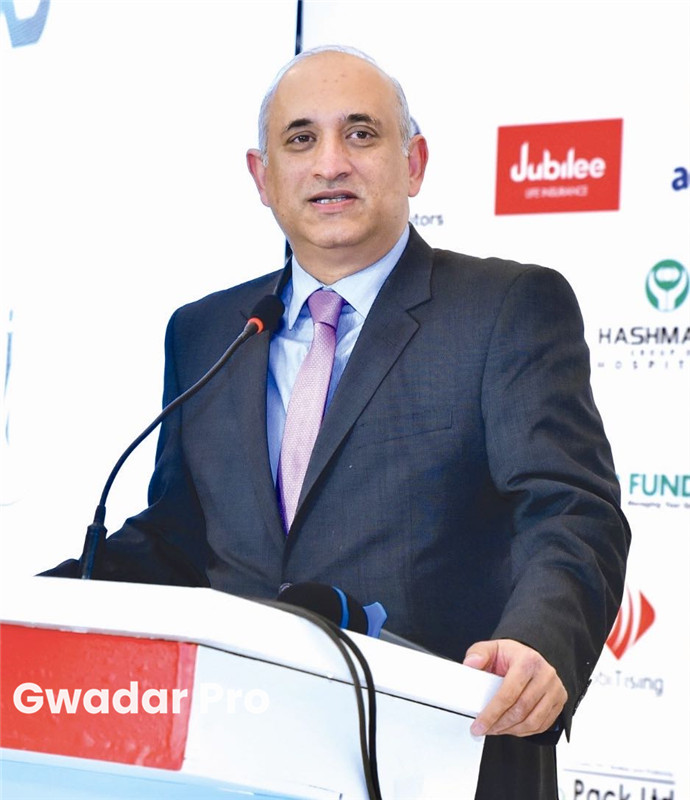Linking villages to markets useful for Pakistan’s poverty reduction: Haroon Sharif

File photo: Haroon Sharif, former Minister of State and Chairman of Board of Investment in Pakistan.
ISLAMABAD, June 30 (Gwadar Pro) – China’s achievement of lifting more than 800 million people out of poverty has impressed the world. Pakistan is keen to learn from China’s experience of poverty alleviation.
In terms of Pakistan’s poverty alleviation efforts, Haroon Sharif, former Minister of State and Chairman of the Board of Investment in Pakistan, shared his view in a recent interview with Gwadar Pro.
“If we want to eradicate poverty, we need sustained economic growth for several years. Historically, unless economy grows, investment to GDP will not grow. China has done massive targeted investments within its system. China has posted robust economic growth for many years,” said Sharif.
Sharif pointed out that measures should be taken to make sure the economic growth is shifted toward the poor and marginalized, that is the inclusive growth.
A major challenge for Pakistan is how to increase the livelihoods opportunities in lagging rural areas.
“China’s experience of connecting the villages with markets and technology transfer could be extremely useful for Pakistan,” said Sharif.
Only with better information and transport facilities, farmers could have more opportunities.
For example, farmers in the southern part of Shaanxi Province, China, have got rid of poverty rapidly upon the completion of mountain roads.
Previously, the local agricultural products could only be traded and consumed internally due to traffic constraints. By the mountain roads, many villages’ produces could get access to external markets and then farmers get rich quickly.
With the development of the China-Pakistan Economic Corridor (CPEC), several new roads have opened up for traffic, including Sukkur-Multan section of the Pakistan Peshawar-Karachi Motorway (PKM) and Havelian-Thakot of the Karakoram Highway Phase II (KKH).
Sharif said these roads would benefit entrepreneurs and people of Pakistan, as they can reduce cost of doing business and connect markets and people.
Sharif added that technology transfer has played a big role in terms of rural development in China.
Farmers in three counties of Baise, Guangxi Zhuang autonomous region, China, have gotten out of poverty in recent years via learning advanced grafting techniques to develop new varieties of mango from fruit plantation experts.
The new varieties are popular in the market and their prices are higher than that of old varieties.
The good quality of fruit, road and high-speed rail networks, as well as the e-commerce and logistics could boost mango sales.
Sharif thought that being an agricultural economy, value addition in the produce will result in prosperity among farmers.
“Now, the things we send abroad are very basic. We sent our food items, like rice and raw cotton. Lots of milk is wasted as it is not processed for cheese or chocolates. By adding value, we can increase economic growth,” he added.
Sharif emphasized that small and medium size enterprises should be prioritized as they could create jobs and come up with innovation.
Sharif said, “We also need to work together on research, technology-based skills and joint ventures.”
Pakistan must invest in skilled workforce, the young labor force in the future. About 60% of people are under the age of 30 in Pakistan.
Sharif said, “We need those in Information Technology, for the knowledge economy. We need them to learn from China, by doing partnership so that we can reduce poverty.”




